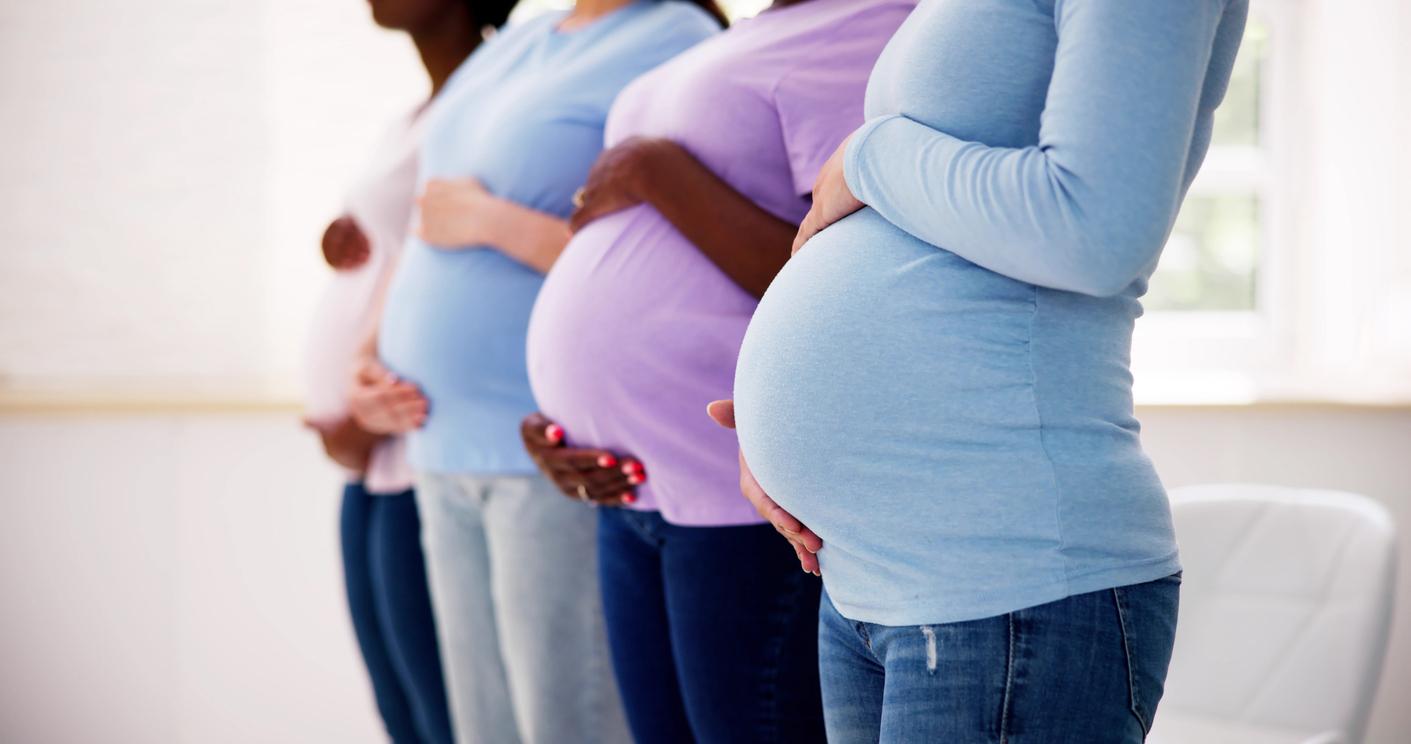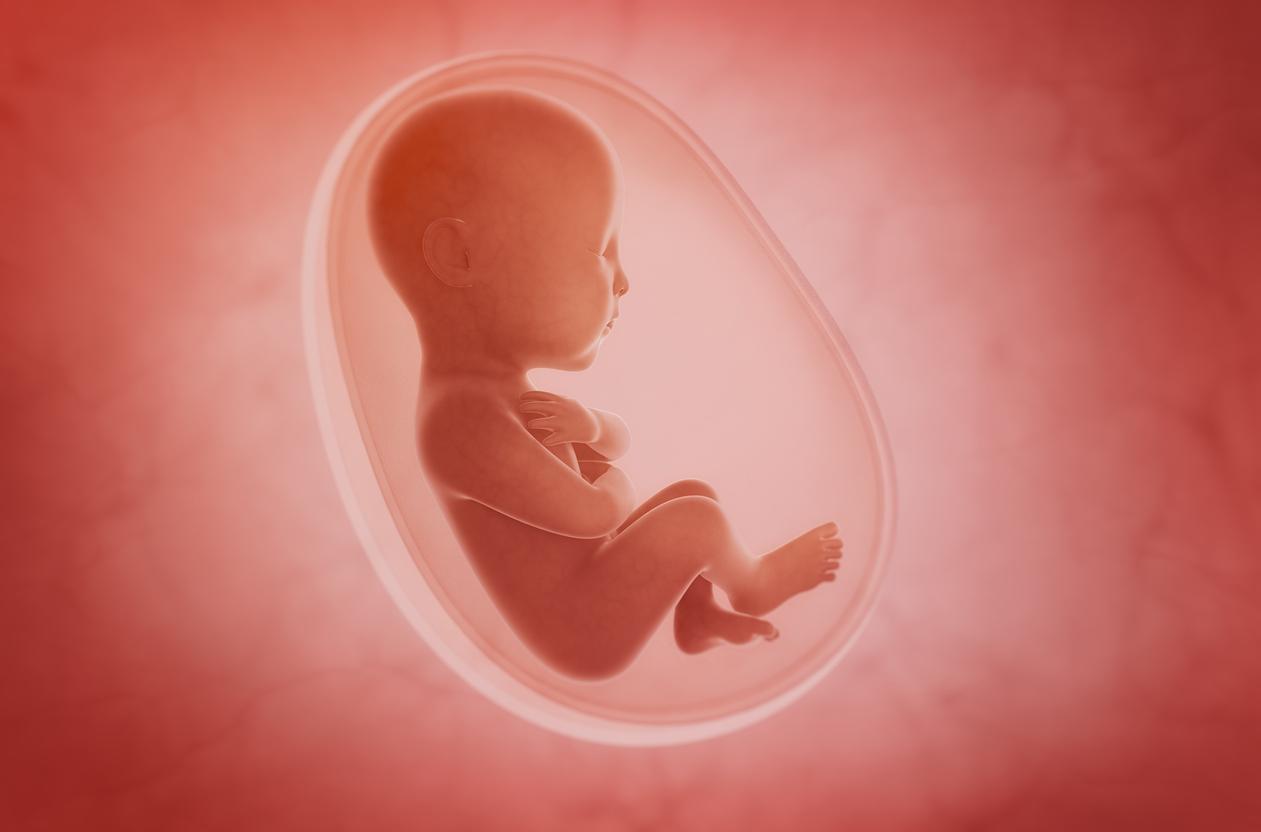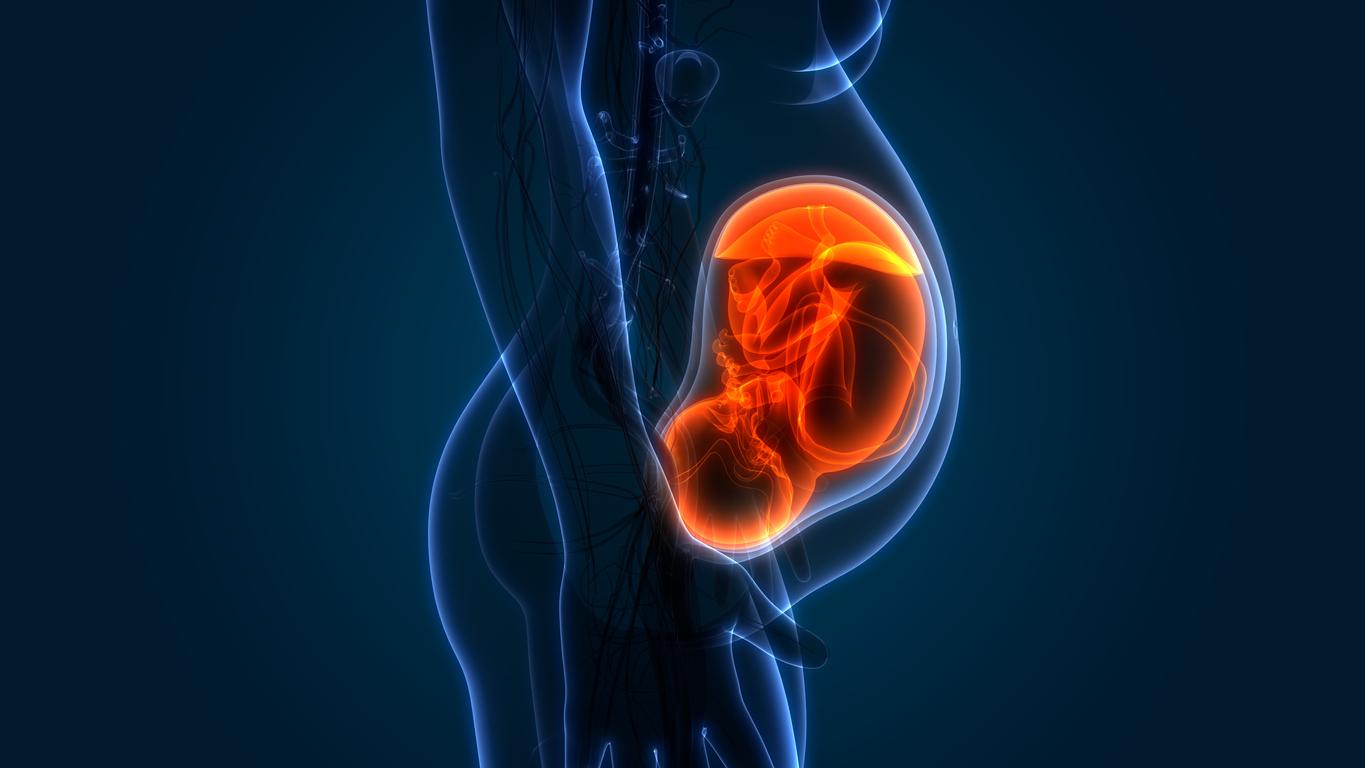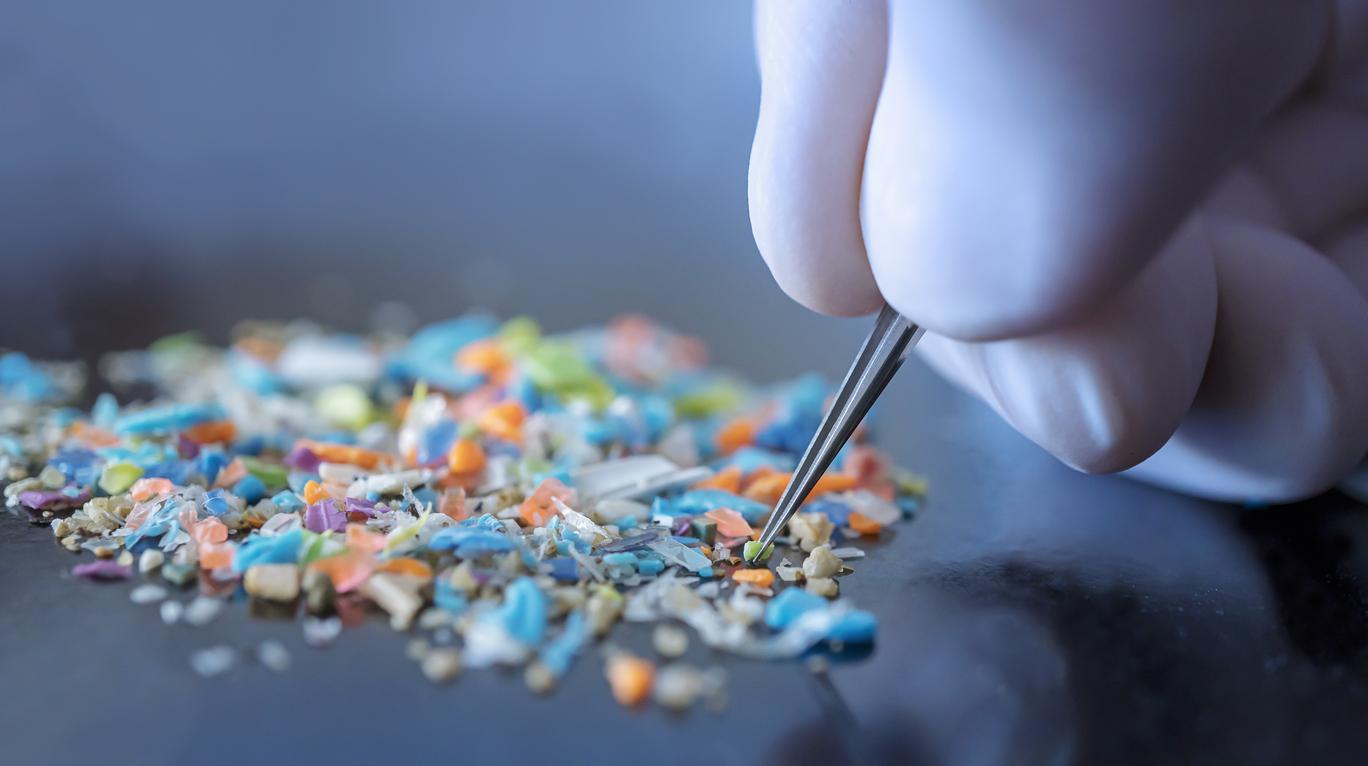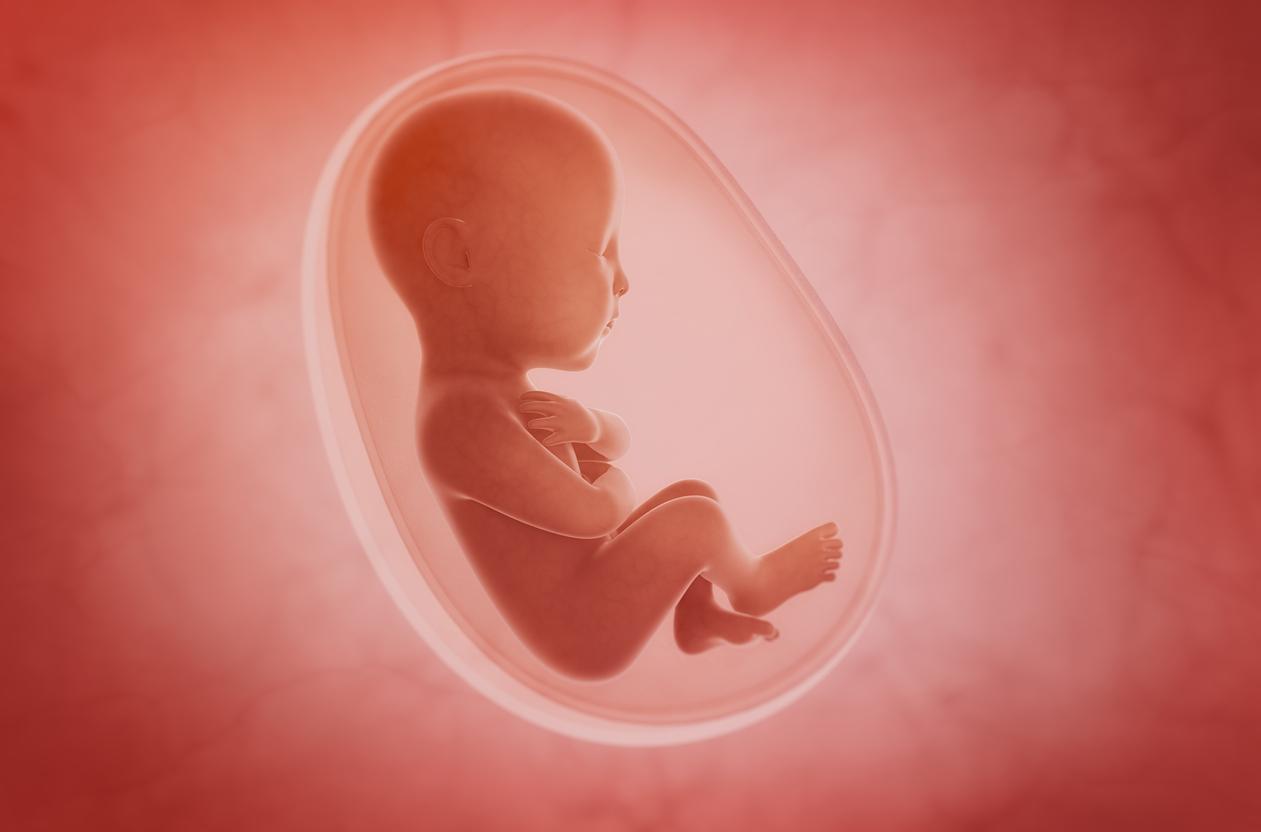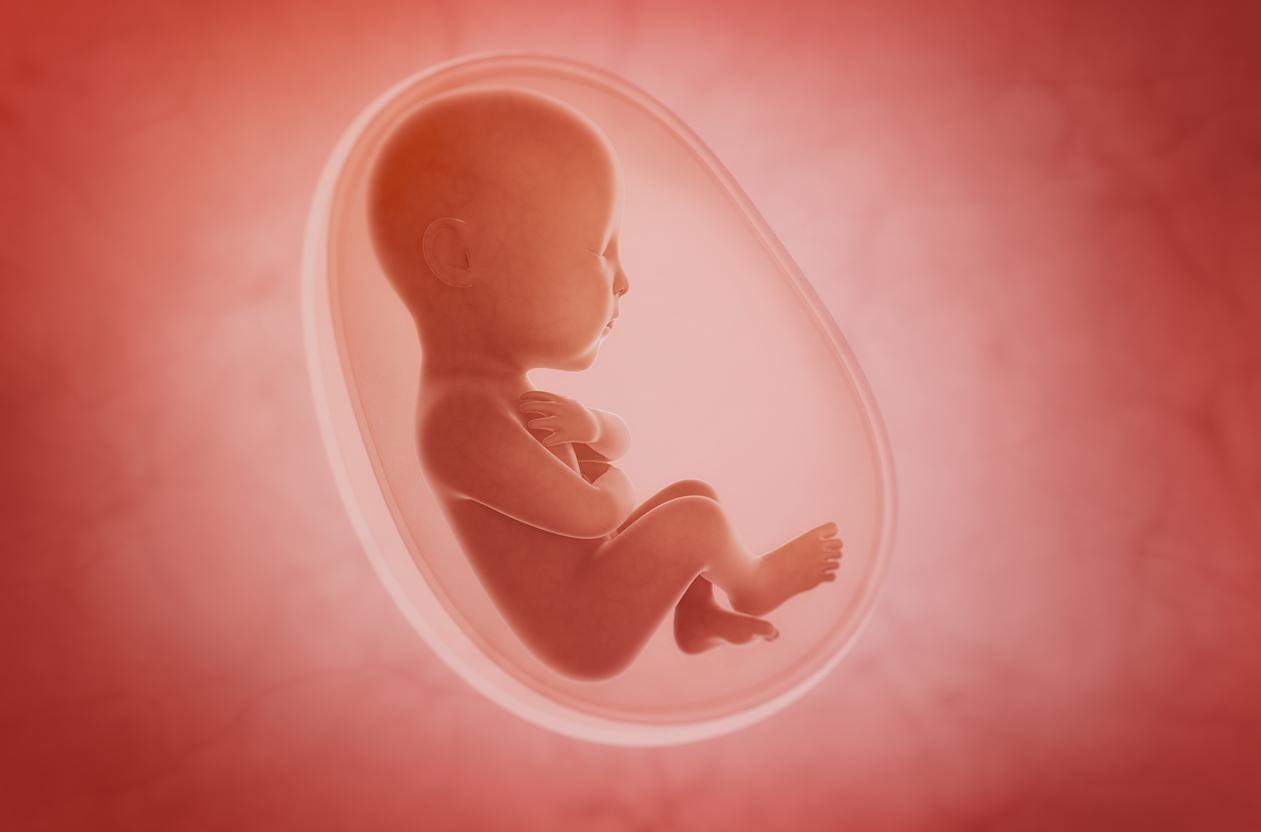Level placenta, girls are more “effective” than boys, according to researchers at the University of Adelaide, Australia. This organ that connects the mother and the unborn child serves as a channel to provide nutrients and oxygen while discharging what the fetus no longer needs. After analyzing the genes of 300 placentas, scientists found that 140 of these genes are expressed differently whether the fetus is a boy or a girl.
Baby girls are therefore more resistant during pregnancy, during and after childbirth thanks to a more communicative and more efficient placenta than boys. The results of the study, published by the journal Molecular Human Reproduction, would help explain the higher infant mortality rate among boys. In 2011, the United Nations estimated at 19,000 the number of children still dying every day, about 40% of them in their first month of life. Sudden infant death syndrome and acute respiratory illnesses are believed to affect boys more than girls.
“What is particularly interesting is that we saw an expression of genes involved in the development of the placenta, maintenance of pregnancy and immune tolerance to the fetus, higher in girls,” explain the researchers. These results may help research in the field of care for pregnant women and babies in incubators or barely born.








